A new campaign encouraging people to 'find their float' has been launched in Llantwit Major to mark World Drowning Prevention Day.
The National Water Safety Forum (NWSF) wants to get people to practice key self-rescue and survival techniques when in the water.
Every year, around 240 people in the UK die from accidental drowning, particularly during hot weather - with cold water shock and hidden hazards known to catch many people off guard.
To support the campaign, the RNLI - which promotes its own 'float to live' technique - invited a group to practice the skill at UWC Atlantic College earlier this week.
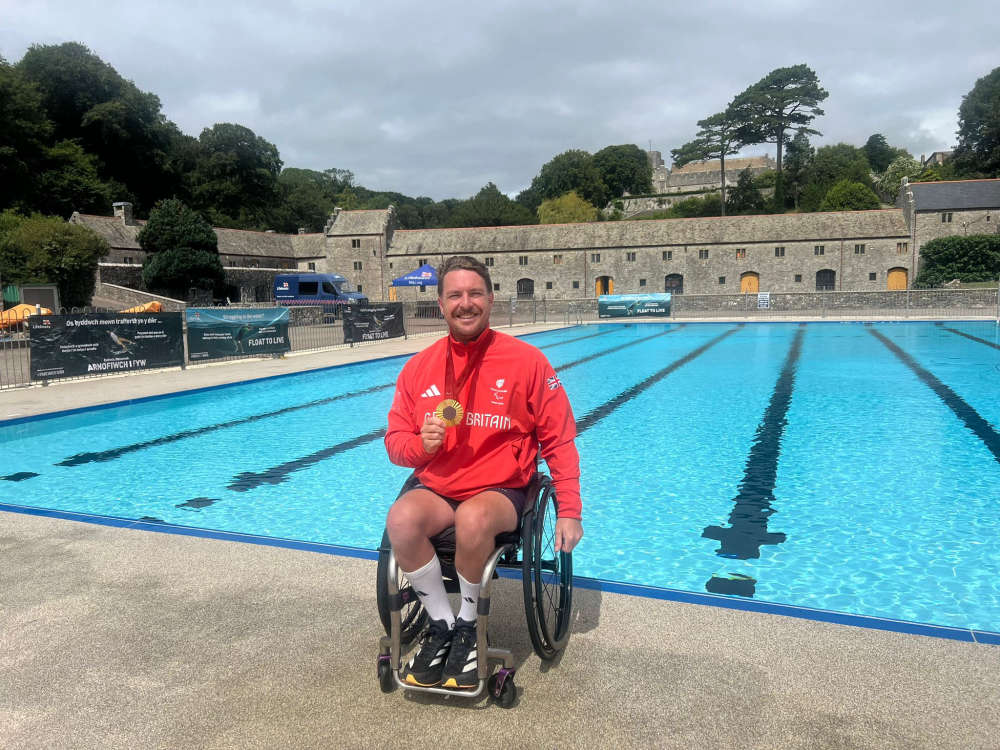
Among those taking part was Parlamypic and European para-rowing champion Ben Pritchard, who previously volunteered for the RNLI as a lifeguard and a lifeboat crew member.
"I think for people in my position who have spinal injuries or are (wheel)chair users, this is a really important campaign, because our instant worry is that we do sink because we don’t have core control, we don’t have muscle activation to help us get up", he said.
"And what I found in the water today…even though my feet were dropping down, my airway was clear, just by making sure my ears were under the water and I was leaning back."
"So I think for anyone that has mobility issues or may worry that they are not strong enough - the easiest thing was just to relax, tilt your head back, get those ears in the water and float."
"Don’t be afraid to take a moment to relax as that will help you float. In instances where you fall in the water, or you may find yourself in trouble - relax. Get those ears in the water, get that airway clear and give yourself two minutes, and then start shouting for help and trying to get attention."
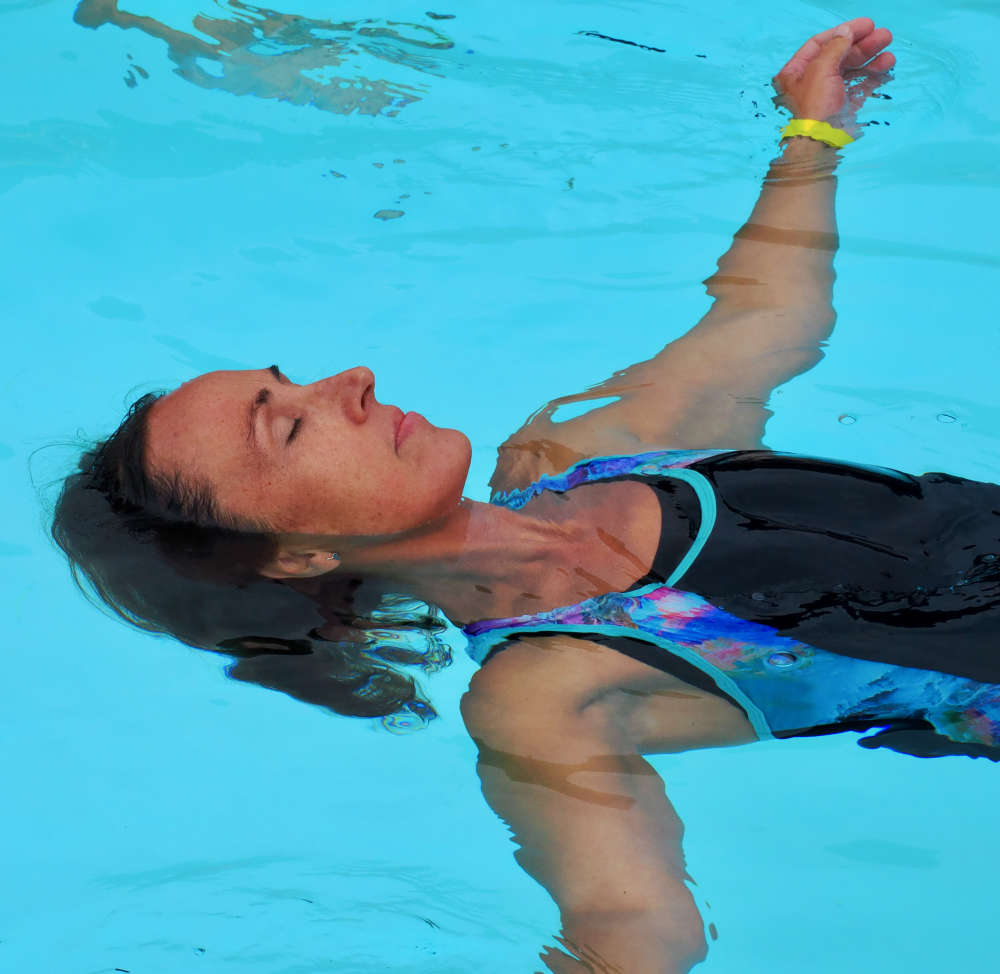
Ben was joined by water safety campaigner Maxine Johnson, whose 15 year-old son Reuben drowned in the Pontsticill reservoir in the Bannau Brycheiniog in 2006.
She said: "Supporting “Find Your Float” for World Drowning Prevention Day means we are highlighting the dangers that open water can present and the importance of water safety education."
"No one ever thinks it will happen to them, or their friend or family member – but the truth is, anyone can get into difficulty in the water."
"It was a very hot day when Reuben was celebrating with friends after finishing his GCSEs. They entered the water to swim across the reservoir and Reuben suffered cold-water shock, tragically never making it to the other side."
"The impact of our loss is indescribable, but I want to make sure that other parents, children and young people, don’t go through the same pain we’ve suffered. I am keeping Reuben's memory alive through raising awareness."
According to the NWSF, young people are most at risk for accidental drowning in the UK - with figures showing more than a quarter of all deaths in the last five years were among 10 to 29 year-olds.
Water safety experts are urging anyone planning to spend time on or near the water during the summer holidays to prepare themselves for an emergency by practising how to float.
Prof Mike Tipton, chair of the NWSF said: "The hugely important “Find Your Float” campaign is designed to teach people - including the young – proven life-saving behaviour and encourages them to practice it, preparing them should they ever need to use it. I encourage everyone to get involved; a couple of hours devoted to “finding your float” could save decades of life."
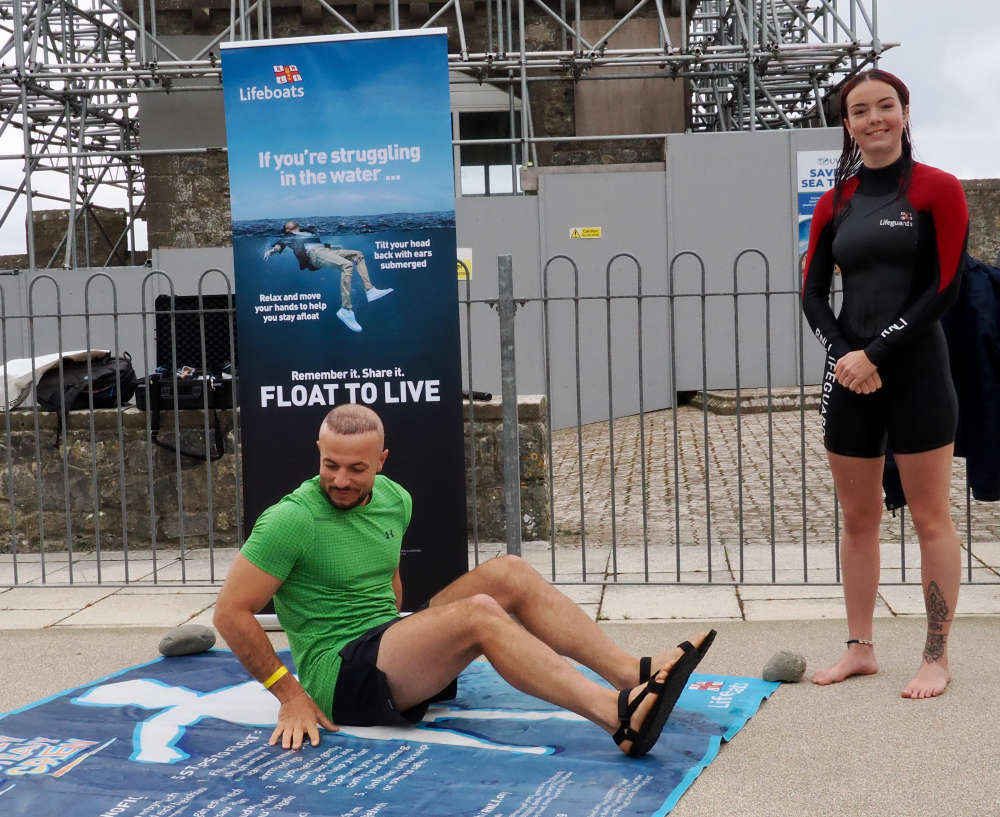
Chris Cousens, regional water safety lead at the RNLI, added: "We wanted to host this event in support of the campaign so people could get in the water themselves and practice floating – a technique we know saves lives."
"At the RNLI we are aware of at least 50 people who have used floating to help save themselves after getting into difficulty in the water. With the start of the summer holidays, many families and young people are planning on spending time at the coast and near water over the coming weeks – so we want to get as many people as possible to “Find Your Float” and have a go floating."
"Everyone can float, although not everybody floats in the same way, so the more people we get finding out what floating looks and feels like for them by practising in a safe and supervised environment, the more potential lives that could be saved."
"The rate of accidental drowning in Wales is almost double that of the UK as a whole, so we want everyone of all age groups and backgrounds to go and find your float. Practice in your local swimming pool, or at a lifeguarded beach between the red and yellow flags."
"Having Maxine’s and Ben’s support for our “Find Your Float” event is a powerful message that we should all take the time to practice this lifesaving technique – as you never know when you might need it."
Locally, the RNLI has a special historical relationship with the UWC Atlantic College, where the rigid inflatable boat (RIB) was developed by students and staff in the 1960s and 1970s, going to become the model for the lifeboat charity's B-class Alantic lifeboats, later succeeded by the Atlantic 85 - described at the 'workhorse' of the RNLI's lifesaving fleet.
A UWC Atlantic spokesperson said: "At UWC Atlantic, our legacy in lifesaving and water safety education dates back to the development of the first RIB (rigid inflatable boat), which was designed here and later donated to the RNLI."
"That spirit of innovation and service lives on today, and we’re proud to be part of this vital campaign – promoting the skills, knowledge, and awareness that continue to save lives."



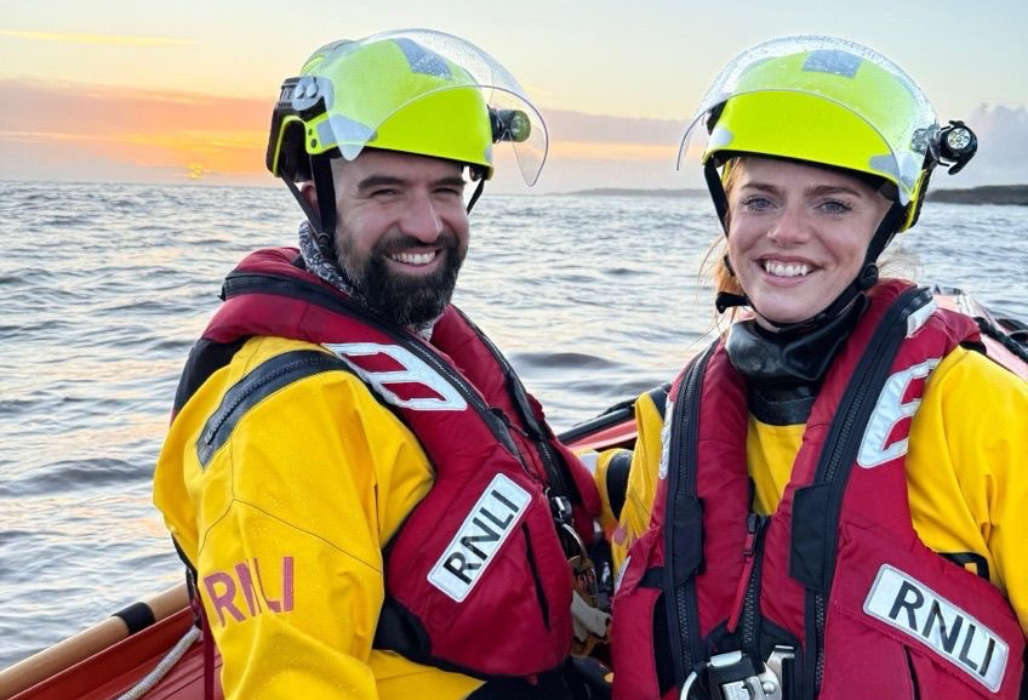 Swapping date night for drysuits at Barry Dock RNLI
Swapping date night for drysuits at Barry Dock RNLI
 13,900 French Rugby Fans fly into Cardiff Airport ahead of Six Nations Fixture
13,900 French Rugby Fans fly into Cardiff Airport ahead of Six Nations Fixture
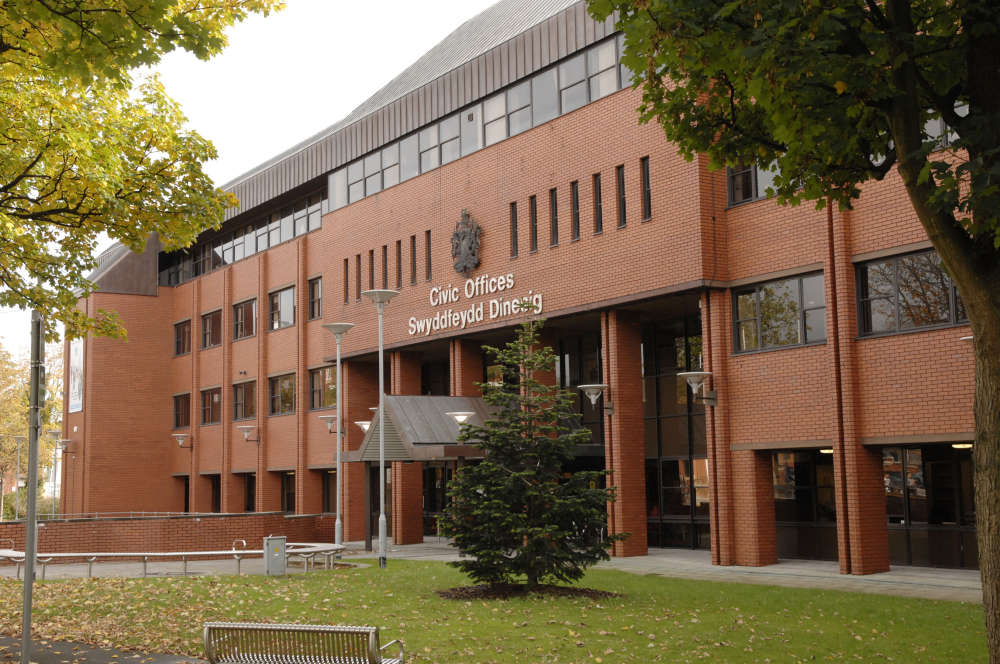 Vale Councillor blasts school funding in the county
Vale Councillor blasts school funding in the county
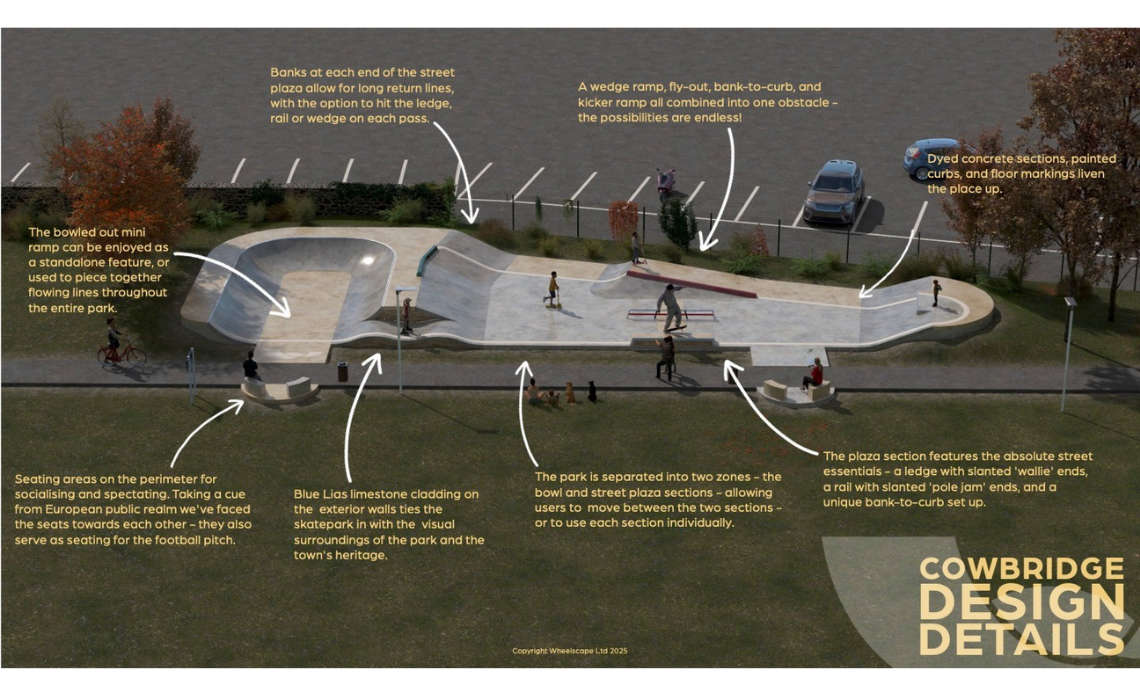 Bear Field Skate Park set for major upgrade as part of new Placemaking Plans
Bear Field Skate Park set for major upgrade as part of new Placemaking Plans
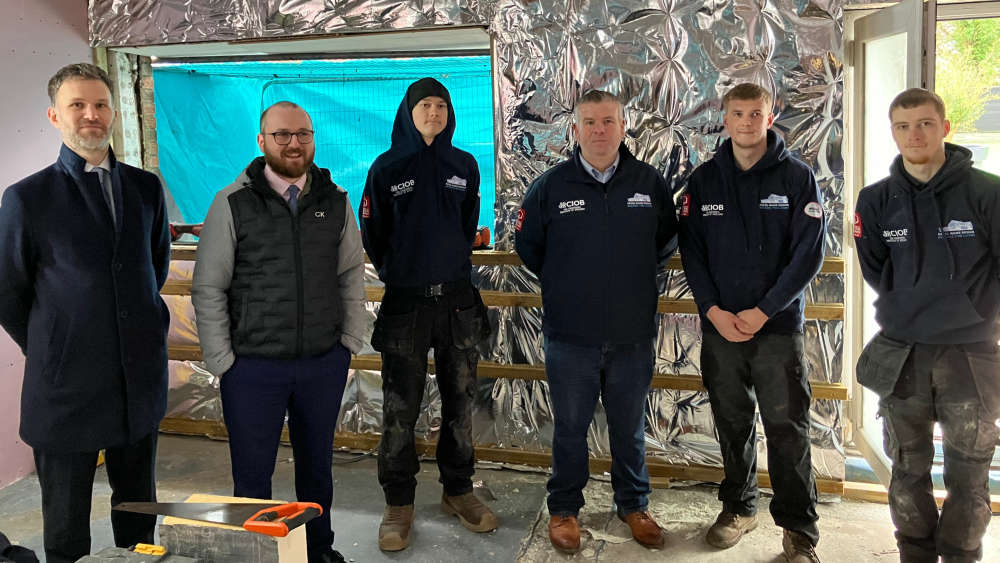 New apprenticeship courses in construction to be introduced in Wales
New apprenticeship courses in construction to be introduced in Wales
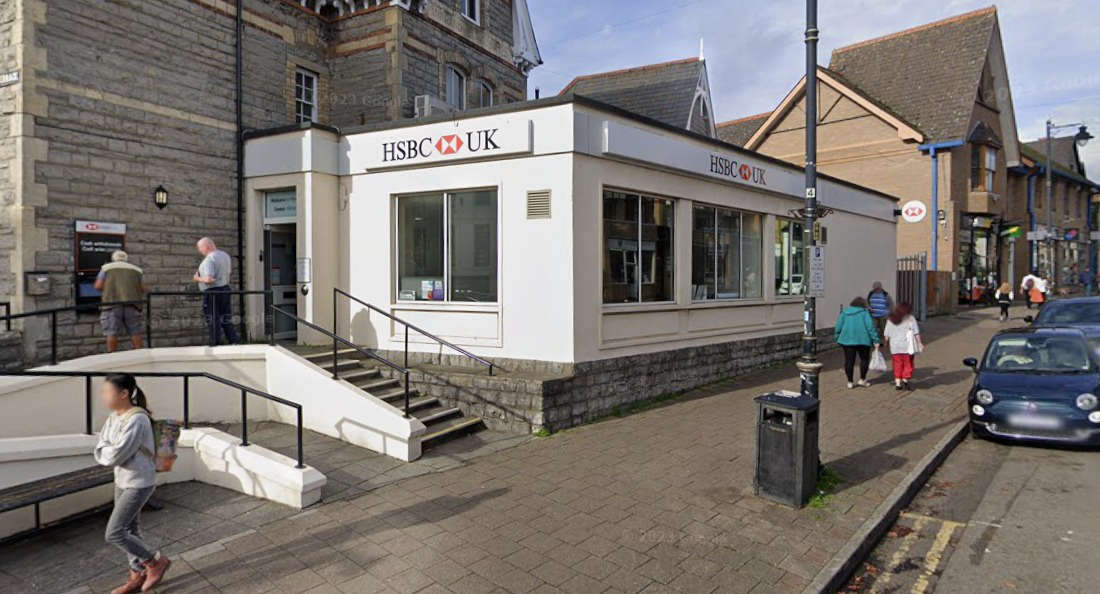 Former Penarth Bank could become a cafe
Former Penarth Bank could become a cafe
 New poll shows majority of Welsh voters lack voting confidence ahead of Senedd Election
New poll shows majority of Welsh voters lack voting confidence ahead of Senedd Election
 Construction hub secured for rail upgrades
Construction hub secured for rail upgrades
 Prolific thief banned from Holton Road
Prolific thief banned from Holton Road
 Cowbridge: plans for more holiday lodges
Cowbridge: plans for more holiday lodges
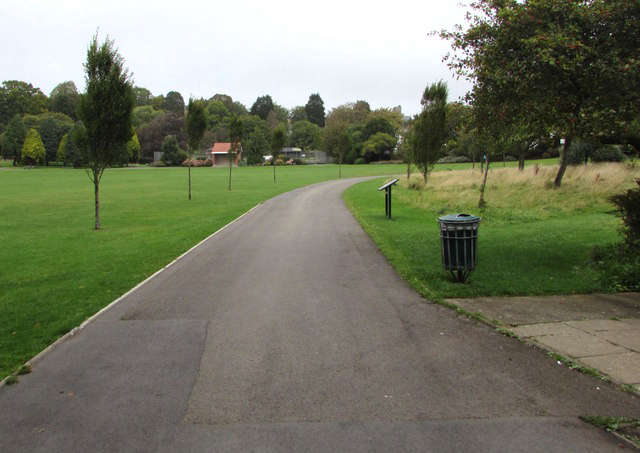 Man dies suddenly in Romilly Park
Man dies suddenly in Romilly Park
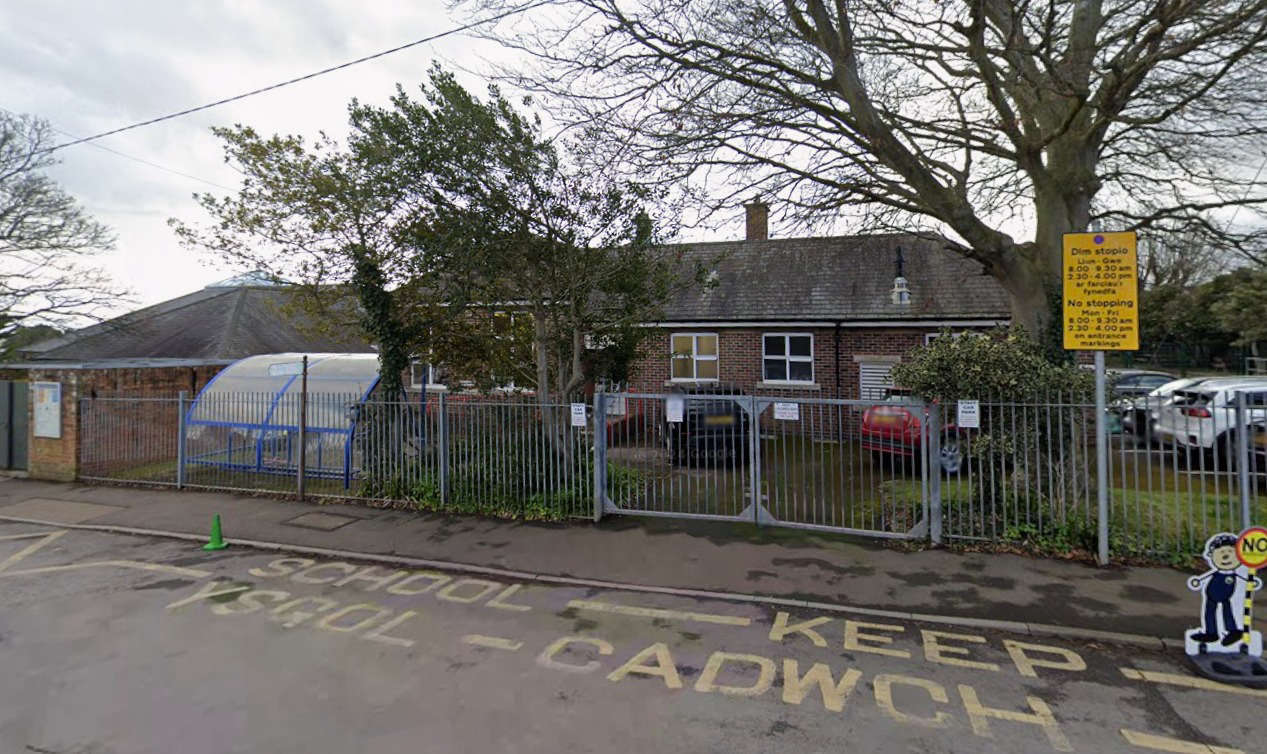 Cash boost for Sully Primary School
Cash boost for Sully Primary School
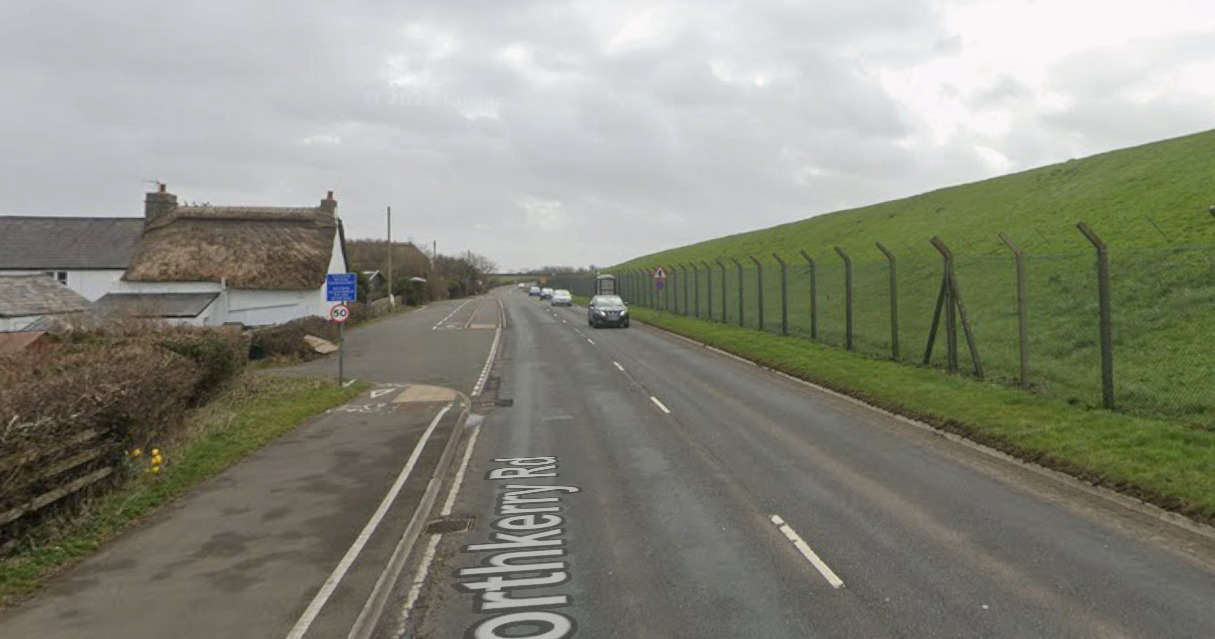 Speed limits reduced despite objections
Speed limits reduced despite objections
 Concern over imported chicken in school meals
Concern over imported chicken in school meals
 A48 closed after three-vehicle collision
A48 closed after three-vehicle collision
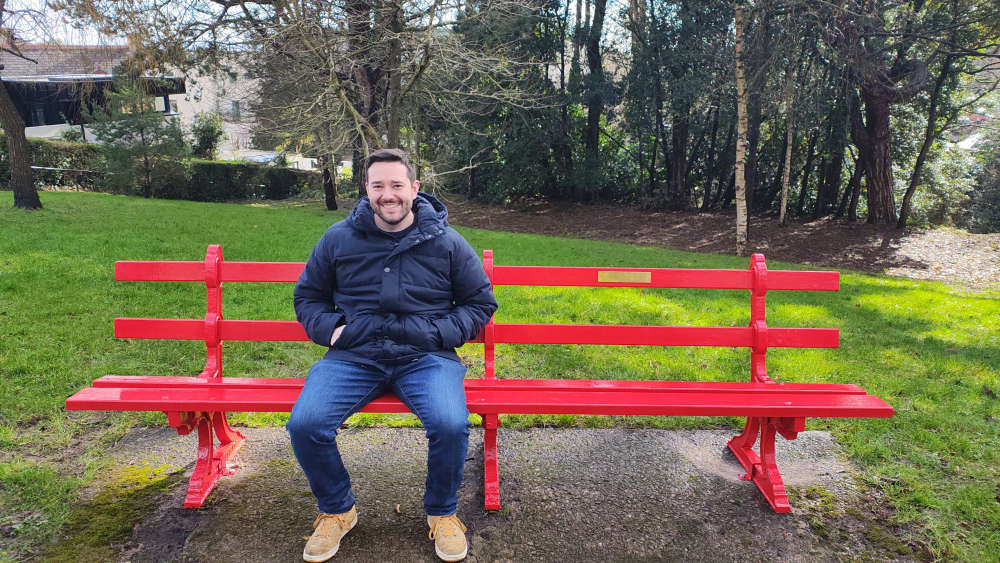 Rhys unveils red bench 'in living memory'
Rhys unveils red bench 'in living memory'
 Barry: plans lodged for 70-home development
Barry: plans lodged for 70-home development






